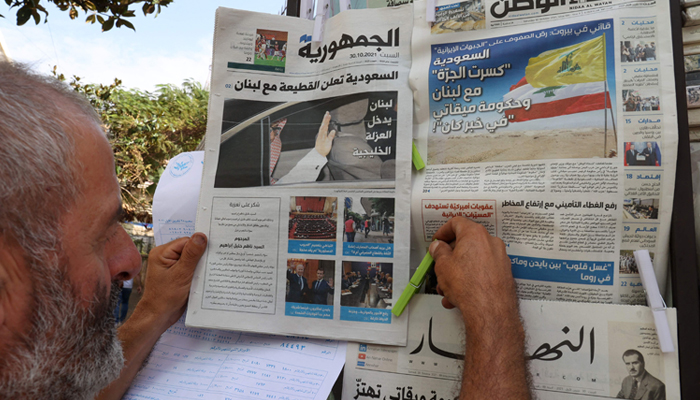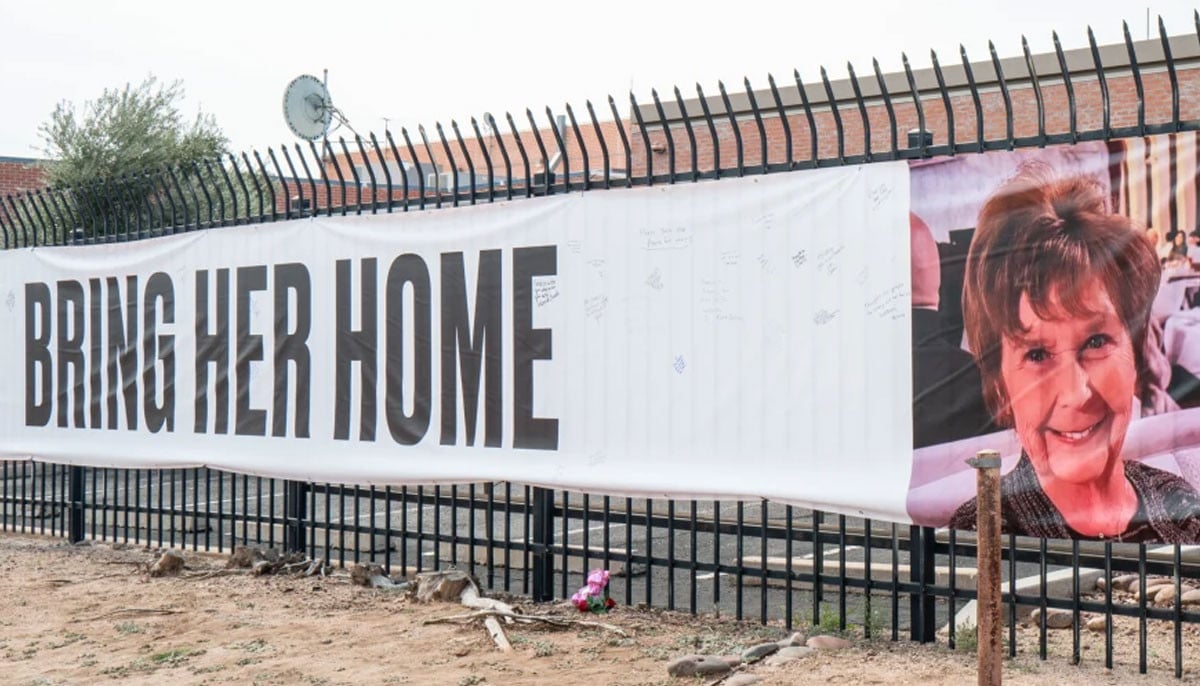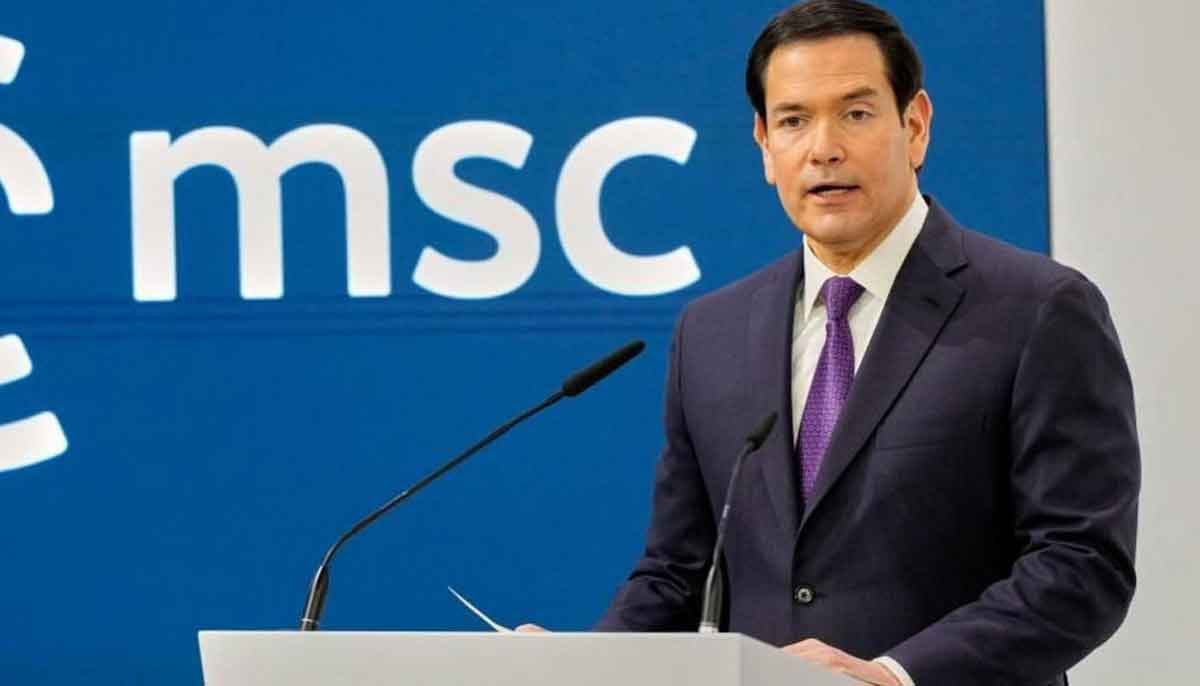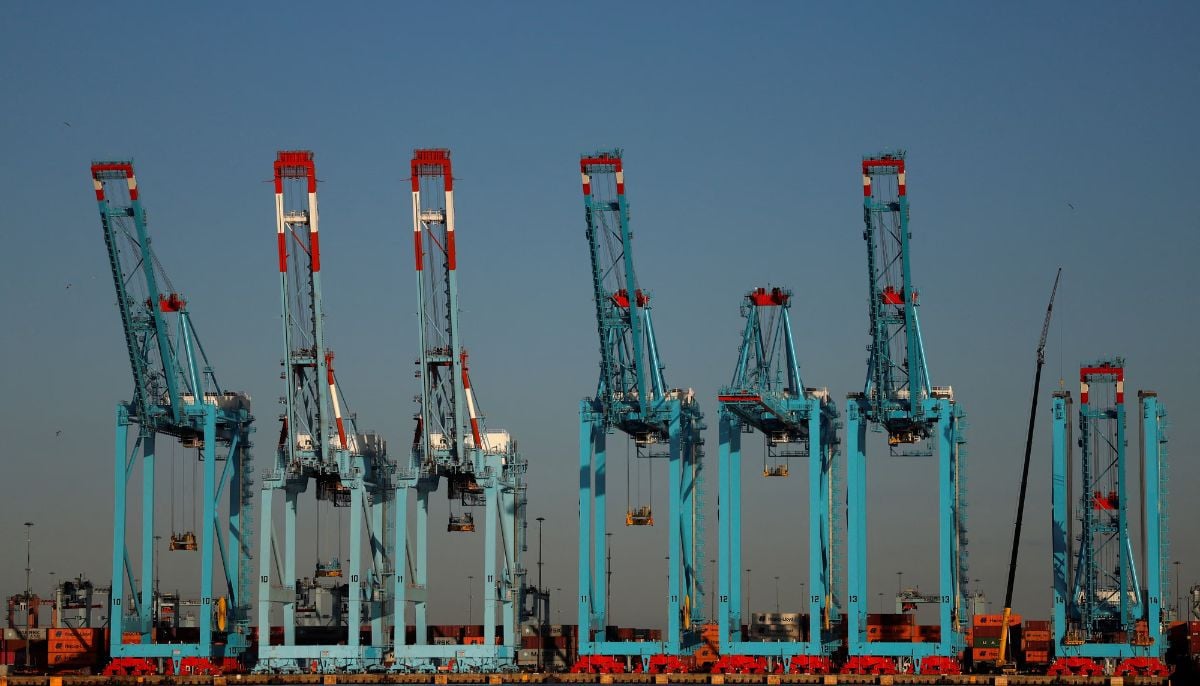Kuwait expels Beirut envoy in row over Saudi-led Yemen intervention
Diplomatic row is another blow for a country already in the grip of crippling political and economic crises
KUWAIT CITY: Kuwait gave Lebanon's envoy to the emirate 48 hours to leave Saturday, a day after Saudi Arabia made a similar move over a minister's criticism of the Riyadh-led military intervention in Yemen.
The diplomatic row, which has also seen Saudi Arabia suspend imports from Lebanon and Bahrain expel Beirut's envoy to Manama, is another blow for a country already in the grip of crippling political and economic crises.
Lebanon had been counting on financial assistance from the Gulf to rescue its economy.
"Kuwait [...] asks Lebanese envoy to leave country in 48 hours," Kuwait's foreign ministry said in a brief statement carried by state news agency KUNA, noting also that the emirate's top diplomat to Beirut was also being recalled.
The dispute was sparked by the broadcast this week of an interview in which Lebanon's Information Minister George Kordahi criticised the Saudi-led military intervention in Yemen.
In his remarks — recorded in August but aired on Monday — Kordahi called the seven-year war in the Arabian Peninsula country "futile" and said it was "time for it to end".
Kordahi said Yemen's Huthi rebels were "defending themselves [...] against an external aggression", adding that "homes, villages, funerals and weddings were being bombed" by the Saudi-led coalition.
The Huthis are backed by Saudi Arabia's regional rival Iran, which also wields significant influence in Lebanon, due to its strong backing of the powerful movement Hezbollah.
The Lebanese minister's comments saw Saudi Arabia announce Friday that it was recalling its ambassador and it gave Beirut's envoy 48 hours to leave Riyadh.
His words have also sparked calls for him to resign or be sacked.
"Enough of catastrophes. Sack this minister who will destroy our relations with the Arab Gulf before it is too late," Lebanon's Druze leader Walid Jumblatt said on Twitter.
'Unacceptable'
Kuwait's foreign ministry said the expulsion and recall was based on the "failure" of the Lebanese government to "address the unacceptable and reprehensible statements against the sisterly Kingdom of Saudi Arabia and the rest" of the Gulf Cooperation Council countries.
The GCC is a six-member regional body that comprises Saudi Arabia, Kuwait, the United Arab Emirates, Bahrain, Oman and Qatar.
Kuwait's decision was also based on the Lebanese government's "failure [...] to deter the continuous and increasing smuggling operations of the scourge of drugs to Kuwait and the rest of the GCC," the ministry added.
The comments on smuggling echo Riyadh's line, which extended to Saudi Arabia on Friday imposing a suspension on all imports from Lebanon.
In its statement on Friday, Saudi Arabia also referred to Lebanon's failure to "stop the export of the scourge of drugs [...] to the Kingdom, especially in light of the Hezbollah's control of all ports."
Saudi Arabia announced in June that it had confiscated thousands of Captagon pills hidden in a shipment of fruit from Lebanon.
Captagon, a drug popular among fighters in war zones, usually blends amphetamines, caffeine and other substances in pill form.
Saudi Arabia, which wields strong influence over many of the smaller Gulf states, has stepped back from its former ally Lebanon in recent years, angered by the influence of Hezbollah.
In late 2017, Lebanon's then prime minister Saad Hariri, who had been supported by Saudi Arabia for years, announced in a televised address from Riyadh that he was resigning, citing Iran's "grip" on his country.
He spent two weeks in Riyadh amid speculation he was being kept under house arrest there, before France intervened. He withdrew his resignation after arriving back in Lebanon.
Suleiman Franjieh, who heads Lebanon's Marada Movement and endorsed Kordahi's nomination as minister, sprang to his defence on Saturday.
He did not nominate him "to offer him as a sacrifice to anyone," he said.
"Kordahi's remarks reflected his opinion... he has proposed to me that he offer his resignation... but I refused because he did not make any mistake," Franjieh added.
-
Hilarie Burton reveals Valentine's Day plans with Jeffrey Dean Morgan
-
Jacob Elordi, Margot Robbie on 'devastating' scene in 'Wuthering Heights'
-
China to implement zero tariffs on African imports in major trade shift
-
Jack Thorne explains hidden similarities between 'Lord of the Flies' and 'Adolescence'
-
Elon Musk vs Reid Hoffman: Epstein files fuel public spat between tech billionaires
-
New Zealand flood crisis: State of emergency declared as North Island braces for more storms
-
Nancy Guthrie case: Mystery deepens as unknown DNA found at property
-
James Van Der Beek's final conversation with director Roger Avary laid bare: 'We cried'












